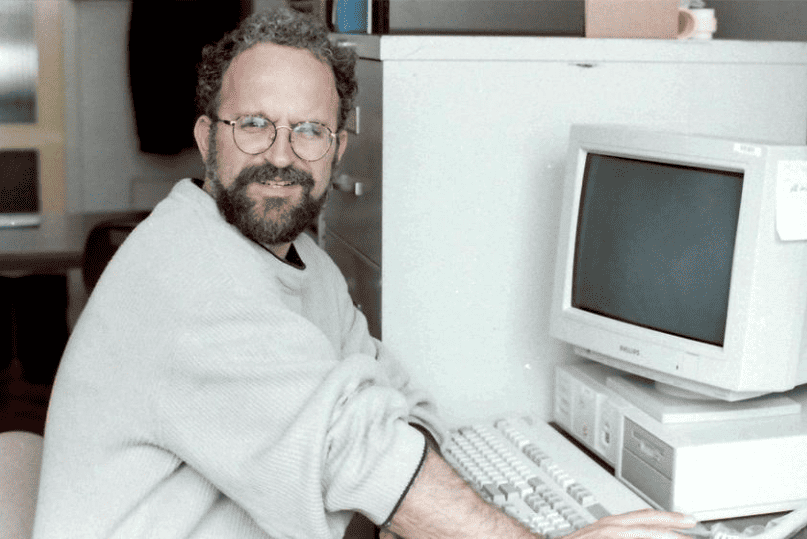
Philips has directly converted the results of the PhD research of Janne van Kollenburg and Sander Bogers into a practical application: a smart baby bottle. Bogers and Van Kollenburg developed a method in which data is involved from the start in the creative process of designers. The research was carried out in close collaboration with Philips and Maxima Medical Centre.
The products we use are becoming ever smarter, generate mountains of data and are increasingly connected to the Internet and to each other. Often the data from these kinds of intelligent ecosystems are used afterwards to evaluate what people think of the product. The now conceived ‘Data-enabled Design method‘ enables designers to design products that are optimally tailored to the wishes of the user. It also enables them to determine at an early stage which data is relevant. Any concerns about security and privacy can thus be taken into account at an early stage. “Data has become such an important part of a design that you also have to start designing from the data that a product collects”, say Bogers and Van Kollenburg.
“Data has become such an important part of a design that you also have to start designing from the data that a product collects”
Smart Baby Bottle
In their duo thesis, Bogers and Van Kollenburg describe three example projects they developed in collaboration with Philips Design. For example, they designed a prototype of a bottle cover that fits the Philips Avent baby bottles. The sleeve records, among other things, the drinking time, the temperature of the milk and the quantity of milk the baby drinks. The bottle cover was tested by various families.
The data gave the design team insight into how different parents and caregivers feed their baby and gave rise to new ideas to support them. Because the prototypes could be followed and adapted remotely, the feedback from the participating parents could be collected quickly and it was easy to try out new ideas. This eventually led to the creation of the Smart Baby Bottle, which can give parents personal advice on feeding their child. For example, the bottle can give tips on how best to switch to one food per day less.
Data-enabled Design team Philips
As a result of the PhD research, a Data-enabled Design team has now been set up within Philips Design. Bogers and Van Kollenburg have also developed a teaching programme for students of Industrial Design at the TU/e. Besides the methodological insights, the example projects themselves have also had a great impact. The Smart Baby Bottle was presented at major technology fairs and will soon be marketed by Philips Avent. Other innovations are described in three patents that are now being further developed by Philips.
The two other cases from the study concern uGrow+ Professional and Caring Home. In uGrow+ Professional, an ecosystem in the health care sector is described that offers parents help via data from their own babies. The Caring Home study is intended for the development of smart ecosystems around personal care.

.







